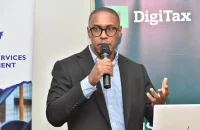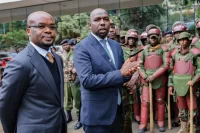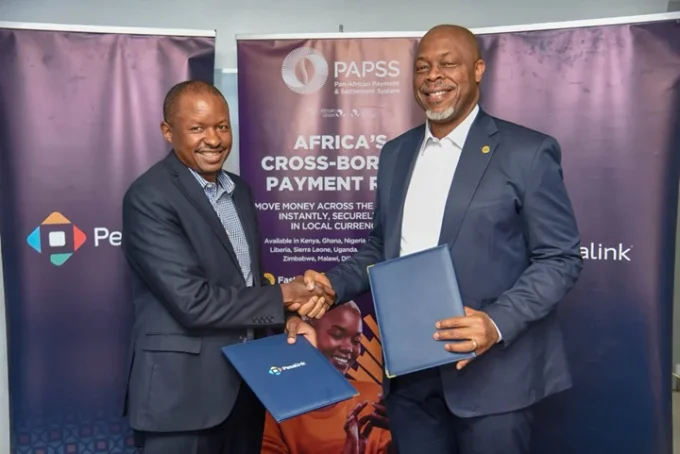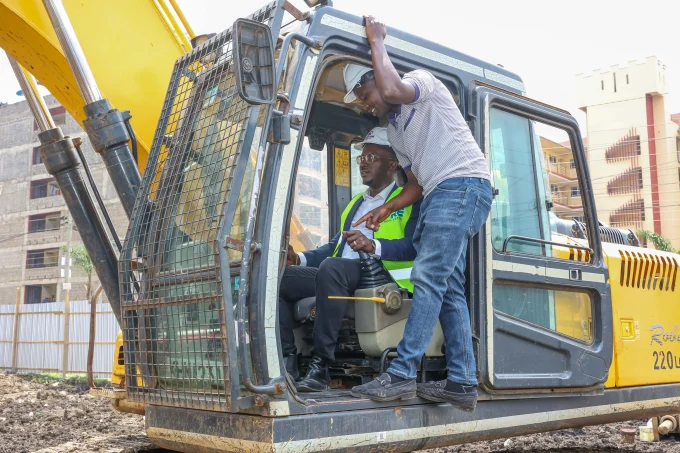In an economy where the rate of unemployment was about 7.4% in March 2018, job applicants for advertised positions is sometimes so large that short-listing becomes a nightmare. Under-qualified, qualified and over-qualified applicants scramble for the few jobs that arise once in a while. When shortlisted candidates are invited for interviews, some fail to meet the expectations of the interviewing panel for a number of reasons and end up affecting their careers.
Inadequate Pre-interview Preparations: Candidates are expected to undertake adequate pre-interview preparations to enhance their chances of getting a job. But judging from some candidates’ responses to fielded questions, it becomes evident to the interviewing panel that there were either minimal preparations or none at all.
Candidates should obtain a lot of information about the potential employing organization from various sources. The information may include the organization’s vision, mission, products or services etc. With the information, candidates will be equipped to answer the frequently asked question: What do you know about our organisation?
Under/Overdressed for Interview: On the interview day candidates should dress in clothes that would be generally appropriate for the occasion. Casual or wedding party wears could signal that the candidate is out of sync with common formalities in organization. Candidates who mind cleanliness and personal hygiene are likely to elevate their first impression to the panel members.
Poor Image Projection: The image that a candidate projects to interviewers influences how he or she will be rated among other factors. Candidates should sit upright with eye contact on the interviewer, speaking up with confidence and enthusiasm. The candidate’s uneasy body language can convey an unintended message to the panel that could tilt into in-depth scrutiny and assessment.
[ Read Also: Effective ways of handling rude questions in a job interview ]
Unauthentic CV Information: Interviewers seek to verify the authenticity of the information the candidate has provided in the CV. At times some candidates who may have bought “prepared” CVs” provide conflicting information. They suffer from an unexpected blackout looking for plausible explanation for the identified differences.
Skills Mismatch Job requirements: For a candidate to be selected for a job, his or her technical skills or professional abilities should match with the role of the vacant position. But candidates beat around the bush when asked, ‘Why should you be selected for the position you have applied for?’ The suitable response would be to explain how both you background and experience matches with the job requirements.
Shallow Responses to Question: Candidates miss to impress the interviewing panel when they provide shallow responses to calculated questions. Some fumble, clearly knowing that they have no response. Instead, candidates should politely decline to answer the question but show willingness to obtain information about it. This tact will not only save the candidate’s face but also indicate that they are honest and prepared to learn.
Inability to Show Case Strengths: Besides the candidate’s job expertise and experience, interviewers will ask this question: How does your personal attributes make you suitable for the applied position? Such attributes could include the candidate’s social and intellectual skills.
[ See: The best companies to work for in Kenya ]
On the social front, the candidate should prepare to explain how they relate with other people for work to be executed. Does the candidate focus more on accomplishing tasks than maintaining the working relationship in the production or service provision process?
Unnecessary Questions to Interview Panel: Prior to the end of the interview, the panel chair requests the candidate to ask any question(s). Some candidates have used this opportunity to ask questions that jeopardize their chances of getting the job. They pose unnecessary questions that leave the panel with a last-minute poor impression of the interviewee.
Questions to the panel at this point of the interview will not be used to assess your suitability for the job. The request for questions is usually a courteous way for the chair to alert the candidate that the interview is coming to a close. Candidates are better off telling the panel that they have no question than embark on a fishing expedition of unwarranted questions.
[ Don’t Miss: Smart career moves to make in your thirties ]
Samson Osero is a Human Resource Development Consultant / email: [email protected]












2 Comments